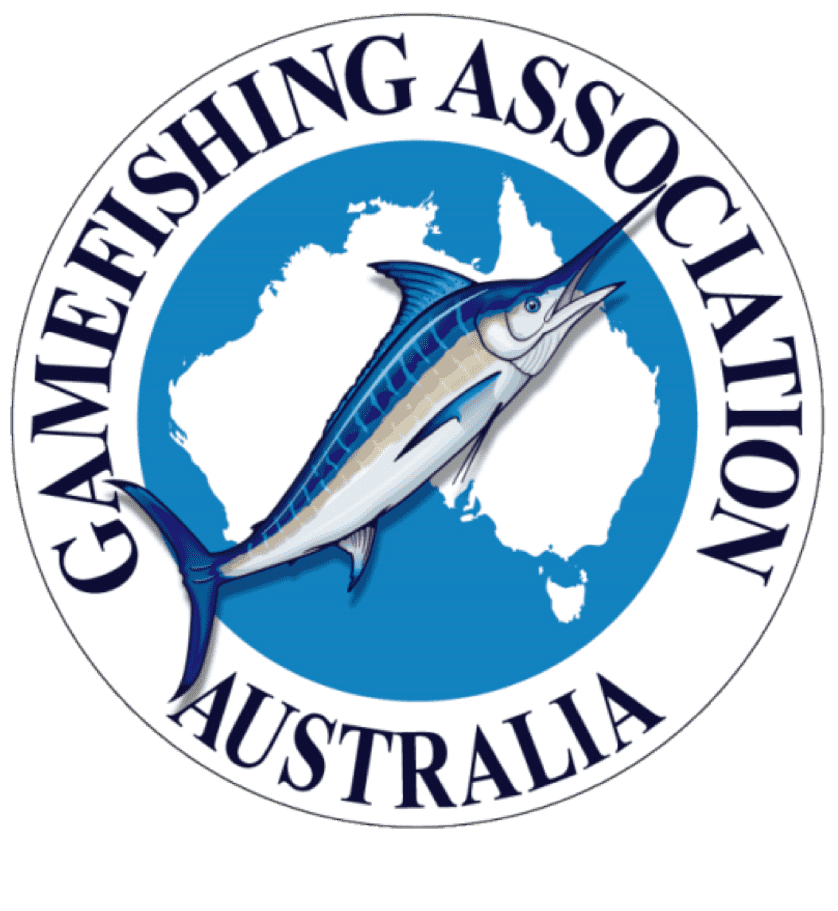Scientific Research
It takes a Village
“ It takes a Village” is the culmination of many years of research by Dr Sam Williams on Black Marlin populations.
GFAA is proud to have financially supported this endeavour
Southern Bluefin Tuna Research – Post Release Survival
With FRDC funding and support from the Tasmanian Fishwise Community Grants Scheme and the Victorian and NSW recreational fishing trusts groundbreaking research is being conducted into what happens to a Southern Bluefin Tuna after release . The funding has provided the project with a total of 60 satelite tags, making it the largest post-release survival project using satellite tags in Australia, and up there as one of the largest of its kind in the world.
The article is available in the 2014 GFAA Gamefishing Journal or here.
Australian Bureau of Agricultural and Resource Economics and Sciences
ABARES is a research organisation within the Australian Government Department of Agriculture, Fisheries and Forestry. ABARES mission is to provide professionally independent, world-class research, analysis and advice for government and private sector decision-makers on significant issues affecting Australia’s primary industries.
Fisheries Research & Development Corporation
The Fisheries Research and Development Corporation (FRDC) is a co-funded partnership between its two stakeholders, the Australian Government and the fishing industry. The FRDC’s role is to plan and invest in fisheries research, development and extension (RD&E) activities in Australia.
South Australian Research & Development Institute
The SARDI Fisheries Program conducts biological, ecological and fisheries research and modelling, and provides scientific advice to State and Commonwealth Governments on issues related to the ecologically sustainable utilisation of Australia’s fisheries resources. SARDI has five sub-programs – the link above takes you to the “Finfish” sub-program.
Redmap
Redmap Tasmania first made waves in 2009 when it was launched from the Institute for Marine and Antarctic Studies (IMAS) by Dr Gretta Pecl. Redmap came from the idea of capturing information that everyday people can contribute – particularly fishers, divers and boaters – to help record and track potential changes in the distribution of marine species.
